mental health
January 27, 2022
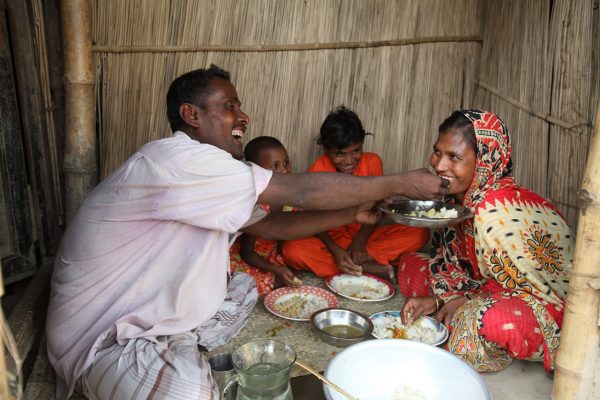
Published by Dr Morseda Chowdhury at Jan 27 2022
Categories
Bangladesh has recently passed the National Mental Healthcare Act 2018, and is about to finalise the breakthrough National Mental Health Strategy. However, resources and investment remain low, with 0.49 mental health caregivers per 100,000 population. In this backdrop, how can mental health be destigmatised and be brought to the doorsteps of everyone?
October 10, 2021

Published by Dr Nargis Islam at Oct 10 2021
Categories
As Bangladesh weathers the most challenging time of this generation - the COVID-19 pandemic - mental health and wellbeing has become more important than ever. BRAC is committed to enhancing community wellbeing through tackling stigma and increasing access to mental health services through culturally appropriate and compassionate approaches.
August 19, 2021
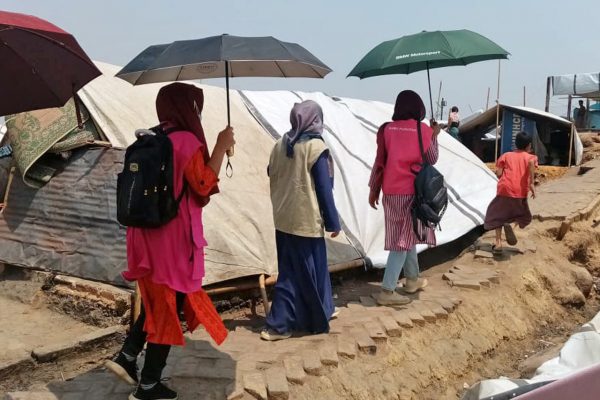
Published by Shaheen Nafisa Siddique at Aug 19 2021
The Rohingya population had to flee some of the worst forms of persecution when they left Myanmar in 2017. Since then, living in the world’s largest makeshift settlement situated at the edge of Bangladesh in Cox’s Bazar has meant facing new forms of challenges - floods, cyclones, landslides and fires - often adding to their losses and layers of trauma.
Shantir apa (sisters of peace) are leading a quiet revolution within the Rohingya camps. To help families strengthen their capacities to cope, they are ensuring an empathetic space to decompress and manage mental distress.
March 11, 2021
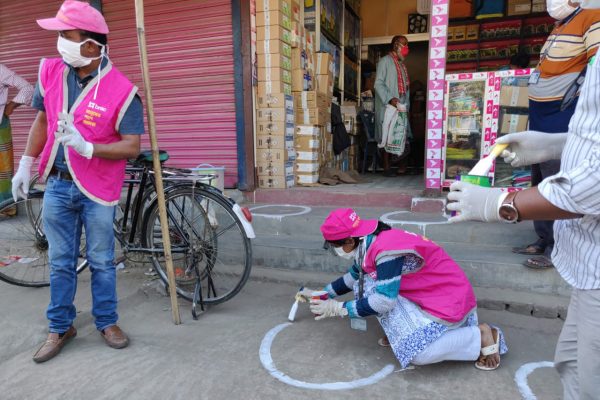
Published by Tanishaa Arman Akangkha at Mar 11 2021
Categories
The COVID-19 pandemic meant that a lot of work had to be done at the community level. Fahima Akter*, working as a credit officer at BRAC Microfinance, took on the challenge head on. She travelled across Bangladesh, helping families through their financial crises, and providing life-saving information. The inevitable exhaustion that the world had been experiencing throughout most of 2020 was catching up to Fahima.
October 13, 2019
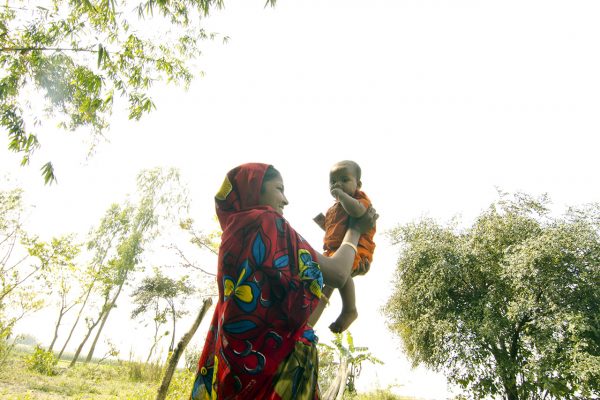
Bangladesh is the eighth worst affected country in the world in terms of natural disasters. Between 2008 and 2017, approximately 37 million people were affected.
November 5, 2018

Published by Sameeha Suraiya at Nov 05 2018
Categories
We live in a world where mental health conditions are severely misunderstood. 1 in 4 people experience a mental health problem every year, yet a culture of silence and stigma run deep, making it difficult for people to seek support.
February 13, 2018

Published by Edward Morgan at Feb 13 2018
Categories
BRAC recently partnered with Clowns Without Borders UK, a charity that aims to share laughter with children in crisis. A team from the charity visited Cox's Bazar to spread a little cheer among the Rohingya children. The playful performances recognised that despite the trauma or difficulties they may have witnessed, children have the right to play, have fun and heal.
November 26, 2017
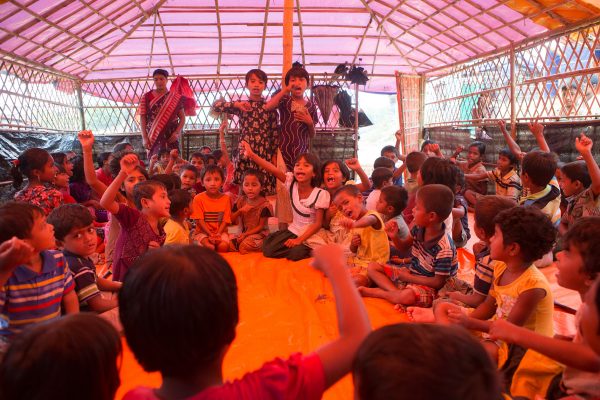
Deep inside the chaotic makeshift settlements of Kutupalong, Cox’s Bazar, is a spacious, shaded, colourful place. A bamboo structure with handmade decorations hanging from the walls. Curious onlookers gather outside the thatched windows, attracted by the rhythm.
October 14, 2014
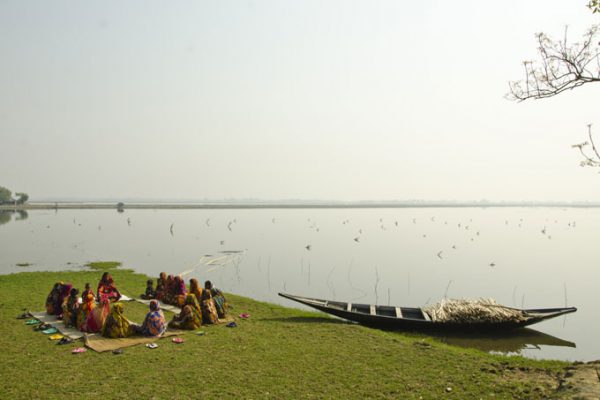
Published by Sakila Yesmin at Oct 14 2014
Whether it is the globally mourned celebrity deaths like that of Robin Williams’, or the shocking Rana Plaza tragedy occurring close to heart, recent news at both home and abroad have sparked global conversations on the importance of prioritising mental health at multiple forefronts. BRAC, a global leader in tackling poverty through social development, has been quick to jump in on the bandwagon.
May 20, 2013

Published by Nazia Moqueet at May 20 2013
Categories
Nazia Moqueet is a Research Associate at BRAC Development Institute and is currently based out of BRAC USA. In March 2013, she was in Yemen to conduct a process evaluation of the CGAP-Ford Foundation Graduation Pilot. She conducted several participant and staff interviews and focus group discussions over a period of two weeks. In this post, originally published at the CGAP-Ford Graduation Pilot program blog, She recalls an encounter with a pilot participant in Taiz.

